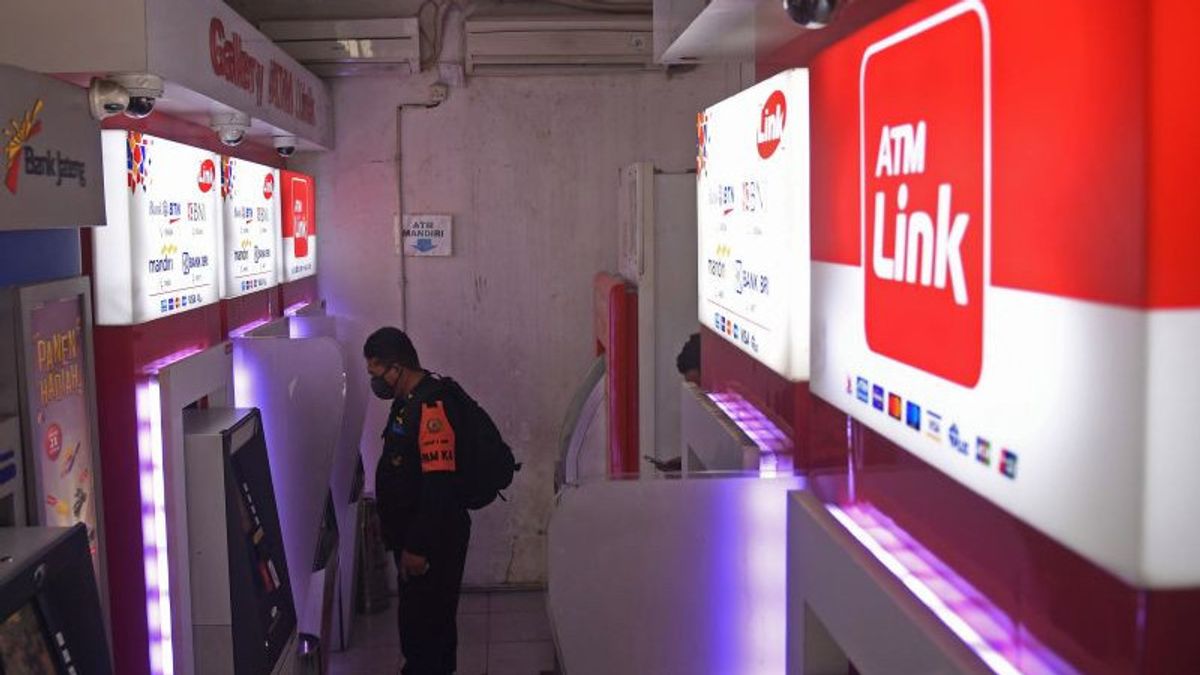JAKARTA - Bank Indonesia (BI) noted that as many as 25 banks were included as participants in the fourth batch of BI-FAST, so now the total participants have reached 77 banks. This number represents 85 percent of the share of the national retail payment system.
"This is the result of BI's commitment to encouraging the acceleration of digital economy and finance, namely through the expansion of BI-FAST participants," said Head of the BI Communications Department Erwin Haryono, quoted by Antara, Monday, August 29.
BI-FAST itself is a payment system infrastructure provided by BI and can be accessed through applications provided by the payment system industry to facilitate public retail payment transactions.
The implementation of BI-FAST by participants to customers will be carried out in stages in accordance with the participants' strategies and plans in preparing payment channels for each customer.
In this 4th wave, BI also added centralized banking services through BI-FAST to support the implementation of Bank Indonesia's duties in the monetary, macroprudential sector as well as the payment system and Rupiah money management.
With the wider participation of BI-FAST, it is hoped that it will meet the needs of the community, including BI stakeholders on retail payment system services that are fast, easy, cheap, safe and reliable (CEMUAH).
BI-FAST services will gradually be expanded including bulk credit services, direct debit and request for payment as well as cross border retail payment.
BI expects the support and participation of all Payment Services Providers (PJP) to be able to utilize BI-FAST which will be the backbone of the future retail payment system infrastructure.
BI is also committed to continuing to strengthen policy synergies and implementation of BI-FAST with industry players in order to integrate the National Digital Finance Economy (EKD).
Not only that, BI also hopes that industry players will continue to innovate by optimizing the added value of consumer-oriented BI-FAST services to increase economic and financial inclusion.
"This also accelerates economic recovery through transaction efficiency," said Erwin.
The English, Chinese, Japanese, Arabic, and French versions are automatically generated by the AI. So there may still be inaccuracies in translating, please always see Indonesian as our main language. (system supported by DigitalSiber.id)












